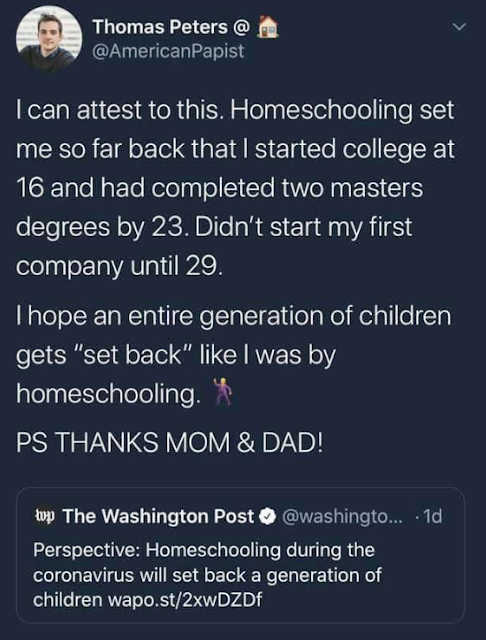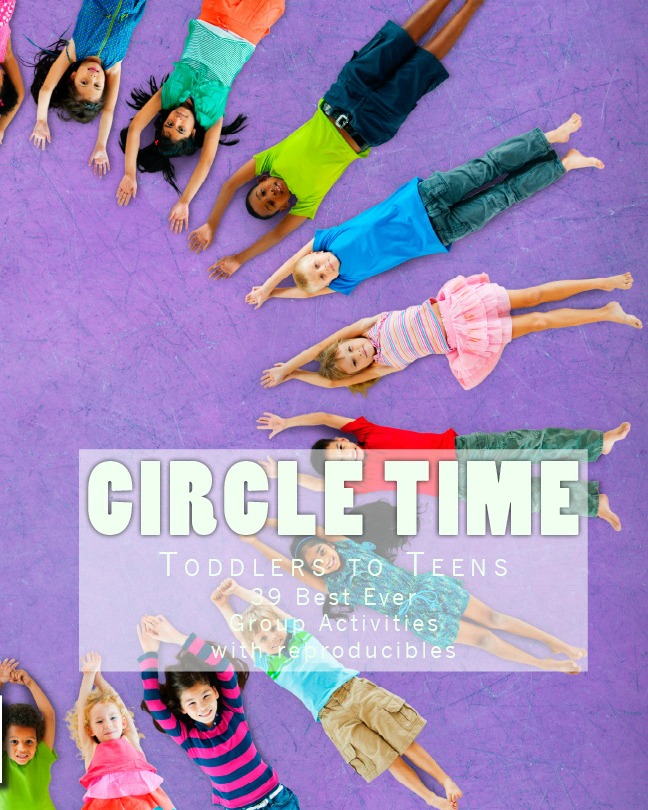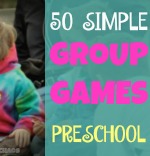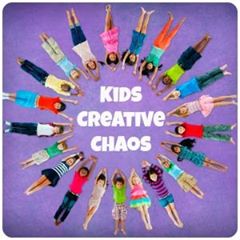5 Factors That Determine a Child’s Academic Success
If a child falls behind at school, some teachers might blame the student or their parents, while parents might blame the teachers. While each child’s educational experience is different, certain circumstances can determine their performance and grades, which might be beyond their control. Read about the five factors that can determine a child’s academic success.
Emotional Stability
Students with more emotional stability tend to perform better at school, as they can cope with pressure and adapt to an academic environment with ease. Plus, they tend to develop friendly, respectful, and relaxed behaviors.
However, children living with depression, anxiety, or aggression might struggle with behavioral issues and find it difficult to earn good grades. If your child has poor emotional stability, they could improve their mental well-being with therapy, group support, or prescription medication.
Classroom Respect
Disruptive behavior can interrupt lesson plans, negatively impact another student’s education, and result in poor grades and test scores. If a student doesn’t respect a teacher or a school, they are more likely to chat during class, talk back to an educator, or appear insubordinate.
Teachers can take back control of a disruptive class by adopting a tried and tested classroom management strategy, such as offering praise or using non-verbal communication. Also, parents must avoid making negative comments about a teacher or school to their children, as this can cause a lack of respect in the classroom.
Parental Imitation
Children will often observe and imitate a parent’s attitude and behavior. If a parent has a negative outlook on schools, education, or work ethic, their children might adopt the same mindset.
If you want your son or daughter to perform well in school, secure fantastic grades, and enter a rewarding career, you must lead by example. To do so, you must promote education, positive thinking, and a hard work ethic.
Educational Inequality
Children from poor backgrounds are often at a disadvantage. For example, many children from low-income families struggled with computer access or internet accessibility when self-isolating during the Covid-19 pandemic. As a result, many will have fallen behind on their education, while students from higher-income families will have remained on track.
Also, all schools aren’t created equal. Some will receive more funding than others, which can lead to some educators struggling with a lack of textbooks, stationery, or financial resources for field trips and educational activities. The inequality can lead to poor grades, low test scores, and fewer career prospects.
Stressors
Children are not immune to worry or stress. Various external factors can affect their focus and performance in the classroom and shape their grades. For example, a child might become disengaged due to bullying, family problems, or a mental health condition.
It is both a parent’s and teacher’s responsibility to get to the root cause of a child’s poor grades and find an appropriate solution, such as therapy or suspending a bully. Common signs of stressors can include sleeping difficulties, angry outbursts, a lack of interest in hobbies, or changes in eating habits.

























